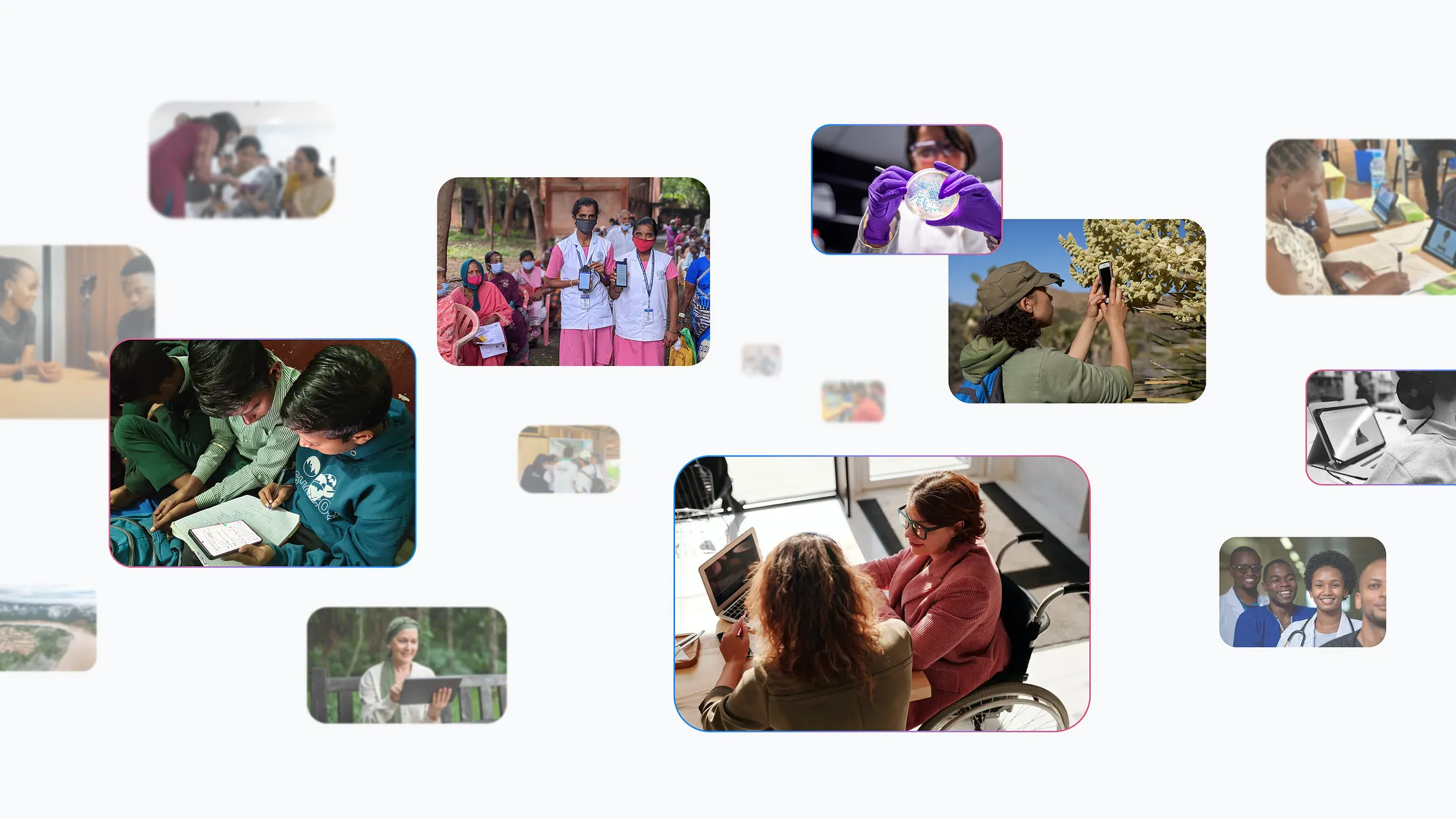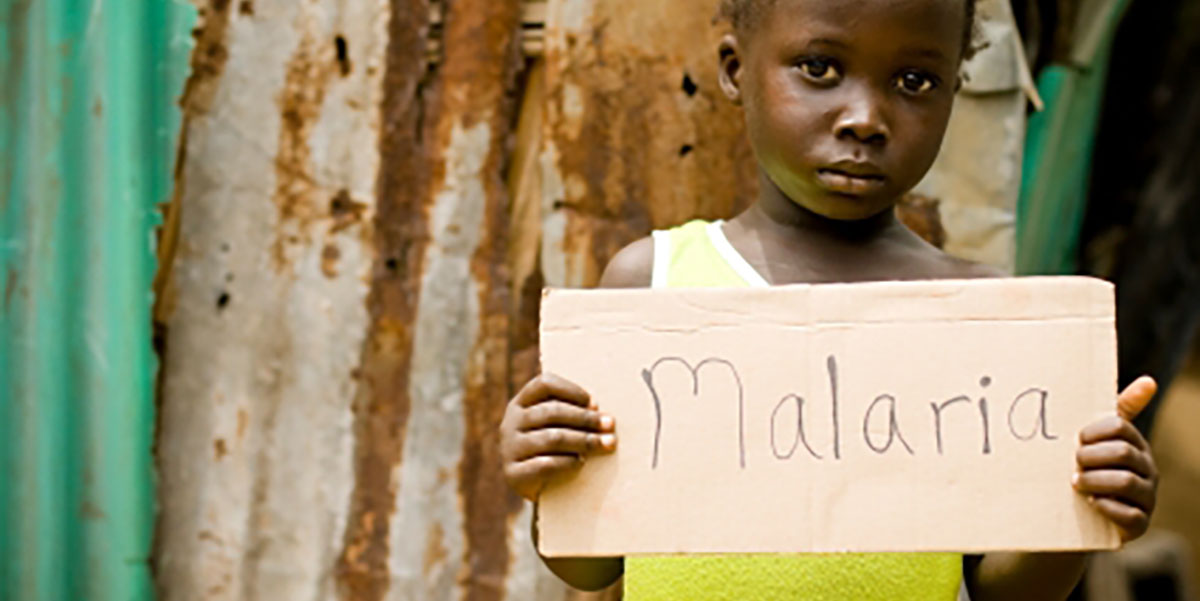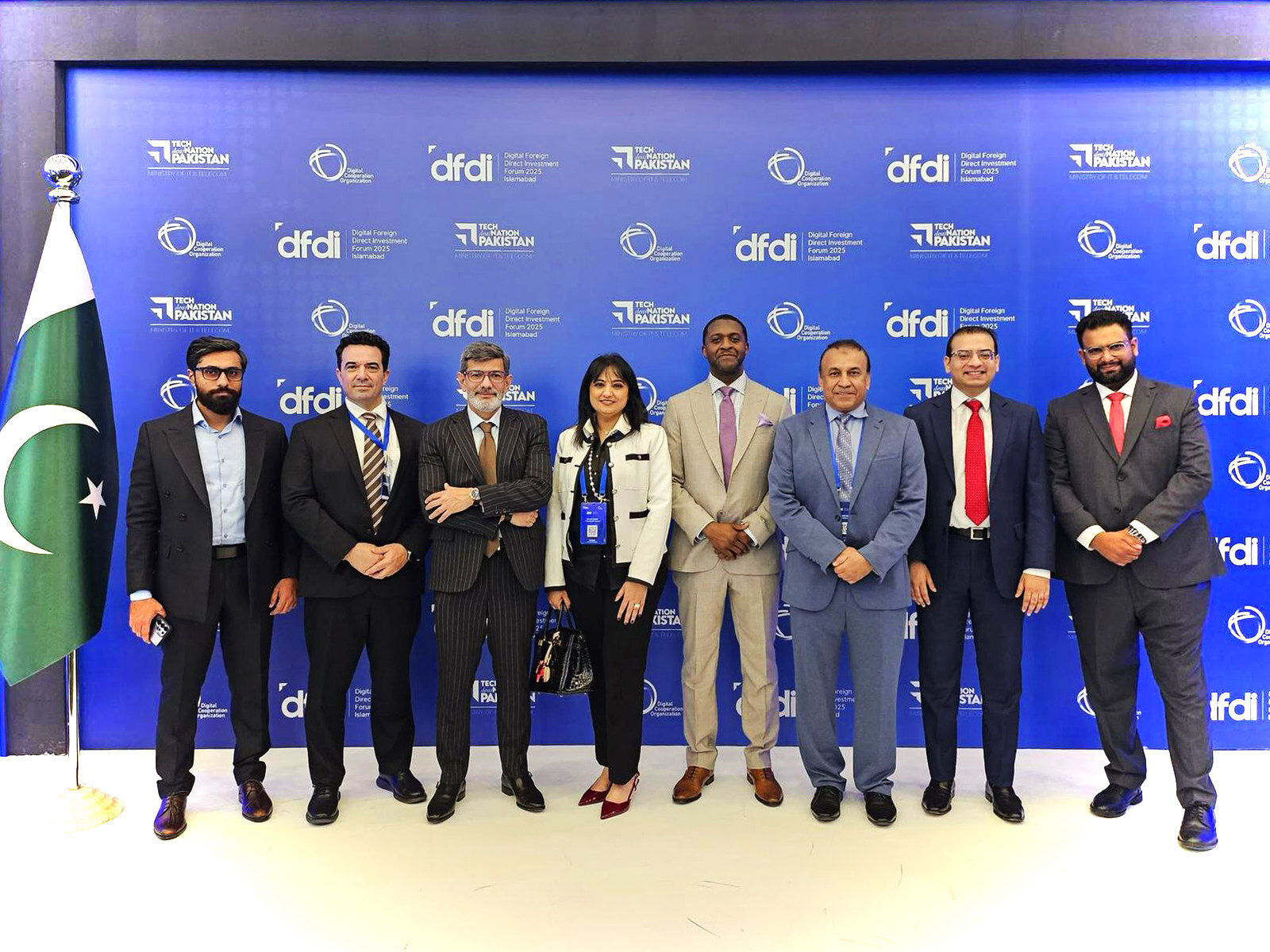The Google.org AI Accelerator, launched in 2024, is a program that helps organizations use generative AI for social good. In 2025, it selected 20 startups globally, including five from Sub-Saharan Africa, to receive funding, technical training, and mentorship. The focus is on areas like education, health, and crisis response, aiming to address societal challenges.
African Startups in Focus
Among the African startups, Signvrse and CETA Global stand out. Signvrse works on offline sign language avatars to improve communication for deaf communities, while CETA Global uses AI to enhance mental health training, particularly in Zambia and South Africa. These efforts highlight AI’s potential to tackle local issues.
Impact and Support
Each startup gets a share of $30 million, along with six months of support, including access to Google Cloud credits. This backing helps them scale solutions that benefit underserved communities, fostering innovation in Africa.
The Google.org AI Accelerator, launched by Google.org in 2024, is a strategic initiative designed to empower organizations—nonprofits, social enterprises, civic entities, and academic institutions—to leverage generative AI for social impact. This survey note provides a comprehensive analysis of the program, focusing on the 2025 cohort, which includes 20 globally selected startups, with five from Sub-Saharan Africa. Particular attention is given to two notable African participants, Signvrse and CETA Global, and their efforts to address local challenges using AI. The analysis is based on recent reports and official announcements as of June 24, 2025, offering a detailed perspective on the program’s structure, participant profiles, and potential impact.
Program Background and Objectives
The Google.org AI Accelerator was introduced in 2024 to bridge the gap between AI technology and social impact, addressing barriers such as lack of awareness, tools, funding, and training. A Google.org survey indicated that nearly two-thirds of nonprofits using AI tools feel more confident in serving their missions, yet only one in five fully integrate generative AI. The program focuses on three key areas: Knowledge, Skills, and Learning; Scientific Advancement; and Resilient Communities, aiming to democratize AI for the social sector.
The accelerator provides a six-month program that includes funding, technical training, workshops, mentorship, and pro bono support from Google employees, including dedicated AI coaches. For the 2025 cohort, Google.org committed a share of $30 million, along with access to Google Cloud credits, to support the development and scaling of AI-driven solutions.
2025 Cohort Overview
The second cohort, announced on June 9, 2025, comprises 20 organizations selected through a global open call launched in January 2025, with applications due by February 10, 2025. These organizations are tasked with developing generative AI solutions to address societal challenges, with a particular emphasis on crisis response, antimicrobial resistance, and children’s mental health. The cohort includes five startups from Sub-Saharan Africa, reflecting the region’s growing role in AI innovation. The African startups are:
| Startup Name | Country | Description |
|---|---|---|
| 3iS | Nigeria & Ethiopia | Improves crisis response by providing real-time insights for risk management and resource allocation. |
| Aga Khan University | Kenya | Builds a clinical decision support platform to address Kenya’s doctor shortage with real-time guidance. |
| CETA Global | Zambia & South Africa | Scales mental health provider training via a simulation platform with role-play and feedback. |
| Darsel | Nigeria | Improves math learning for K-12 students with AI-powered personalized tutoring, impacting over 15,000 students. |
| Signvrse | Kenya | Creates real-time, offline sign language avatars to bridge communication gaps for deaf individuals. |
Each organization receives technical training, pro bono support from Google’s AI experts, and access to Google Cloud credits, enabling them to scale their AI-driven solutions.
Detailed Profile: Signvrse
Signvrse, based in Kenya, is a startup founded by Elly Savatia in 2020, inspired by a robotics outreach program in Migori County where he encountered communication challenges faced by the deaf community. The startup focuses on creating real-time, offline sign language avatars to bridge communication gaps, particularly for deaf individuals in Africa.
Core Product and Technology
Signvrse’s primary product is a mobile app that translates spoken language into Kenyan Sign Language using AI-powered avatars, enabling two-way real-time communication. The app is designed to be offline-capable, ensuring accessibility in areas with limited internet connectivity. It also offers API integration tools for websites and apps to support deaf users, enhancing inclusivity.
Development and Challenges
Developing the AI involved creating Kenya’s largest sign language dataset, as no public datasets were available. Signvrse partnered with local deaf organizations to ensure cultural appropriateness, conducting two boot camps for testing, feedback, and upskilling. A significant challenge was accounting for regional variations in sign language, requiring extensive co-creation with the deaf community.
Awards and Recognitions
Signvrse has received several accolades, including:
- 2nd runner-up at the inABLE Inclusive Africa Conference 2023 Inclusive Africa Conference
- Winner of the Plug Mtaani-Vijana2Invest youth business competition 2023 Plug Mtaani
- Commonwealth Secretary-General’s Innovation for Sustainable Development Award at Kenya Innovation Week 2023, Commonwealth Edition Kenya Innovation Week
- Recognized at the Presidential Innovation Awards (PIA) in March 2024, receiving Sh3 million as startup capital
- Won the AT Innovations Award at the Inclusive Africa Conference 2024
Impact and Future Plans
Signvrse has already impacted individuals like Daniel Angila, a deaf student at USIU who became the startup’s Community Lead after gaining tech skills through boot camps. The startup aims to enhance voice-to-sign translation and launch a gaming-based prototype, with plans to expand beyond Kenya and East Africa, incorporating diverse regional sign languages. Its participation in the Google.org AI Accelerator will provide resources to scale its impact, potentially transforming communication for millions of deaf individuals.
Detailed Profile: CETA Global
CETA Global, operating in Zambia and South Africa, is dedicated to providing evidence-based, cost-effective, and culturally appropriate behavioral and mental health care. The organization uses the Common Elements Treatment Approach (CETA), a modular, multi-problem, transdiagnostic intervention developed since 2004, addressing issues like trauma, depression, anxiety, and substance abuse.
Mission and Approach
CETA Global envisions a world where everyone can access effective, holistic, and affordable mental health care. CETA combines treatments for multiple mental health issues into a single model, designed to be adaptable and scalable in low-to-middle-income environments. It is community-based, simplifying clinical decision-making and enabling replication across diverse settings.
Implementation in Africa
In Zambia, CETA Global has tested CETA to reduce intimate partner violence and alcohol misuse, working with partners like the Center for Infectious Disease Research Zambia (CIDRZ), the Ministry of Health, and the University Teaching Hospital. In South Africa, it is partnering with Boston University and Wits University to conduct a trial examining CETA’s effects on HIV viral load and medication adherence, training lay community workers to address behavioral and mental health symptoms of HIV+ women.
Services and Training
CETA Global offers training and implementation consultation to NGOs, government agencies, and community centers, tailored to their mission and population. The training can focus on all CETA elements or specific components, such as safety planning, emphasizing a collaborative, community-action approach for effective treatment.
Impact and Scalability
CETA’s modular design allows it to treat multiple public, behavioral, and mental health problems in one approach, making it suitable for resource-constrained settings. It has been rigorously studied and proven effective with populations like trauma survivors, refugees, and individuals affected by health conditions like HIV and TB. Through the Google.org AI Accelerator, CETA Global aims to integrate AI into its training and simulation platforms, enhancing scalability and effectiveness.
Comparative Analysis and Regional Significance
The inclusion of five African startups in the 2025 cohort underscores the growing AI ecosystem in Sub-Saharan Africa, particularly in addressing local challenges. Signvrse’s focus on accessibility for the deaf community aligns with global efforts to promote inclusive technology, while CETA Global’s work on mental health addresses critical care shortages, a pressing issue in low-resource settings. Both startups leverage AI to create scalable, culturally appropriate solutions, supported by the accelerator’s resources.
The program’s emphasis on funding and technical support is crucial for African startups, which often face challenges like limited infrastructure and data access. The participation of these startups not only enhances their growth potential but also contributes to the continent’s narrative of innovation, potentially inspiring further AI-driven social impact initiatives.
Challenges and Future Outlook
Despite the opportunities, challenges remain, such as ensuring equitable access for organizations in resource-limited regions and maintaining the quality of support as the program scales. The rapid evolution of AI technology requires continuous updates to training and resources. Future plans include expanding the program’s reach, potentially increasing funding for subsequent cohorts, and fostering long-term partnerships to sustain impact.
Conclusion
The Google.org AI Accelerator’s 2025 cohort, particularly the African startups, demonstrates the transformative potential of generative AI for social good. Signvrse and CETA Global exemplify how AI can address local challenges like communication barriers and mental health care shortages, leveraging the program’s support to scale their solutions. As the program continues, it is poised to play a vital role in democratizing AI for social impact, empowering African innovators to tackle global challenges.
Key Citations




